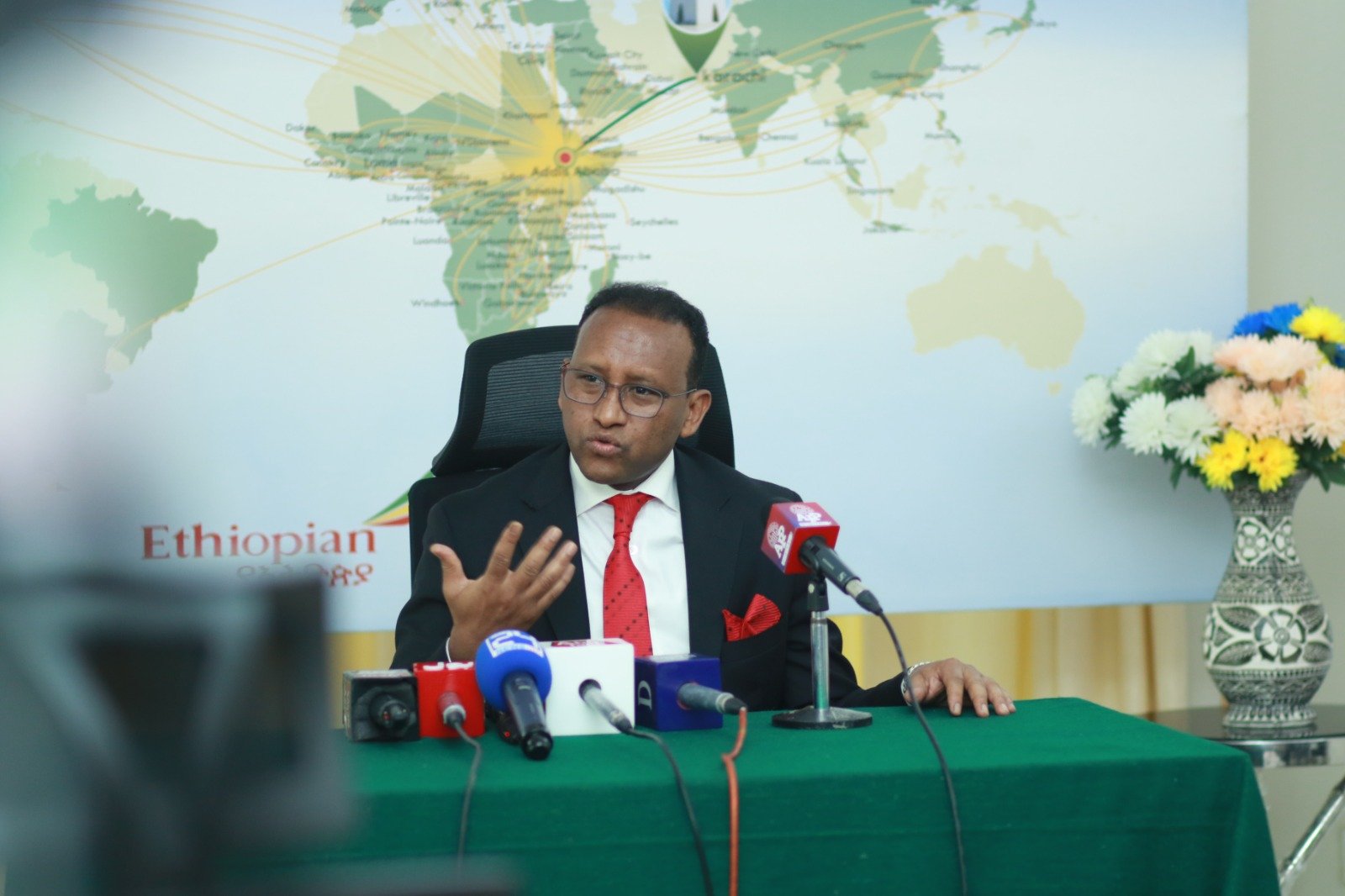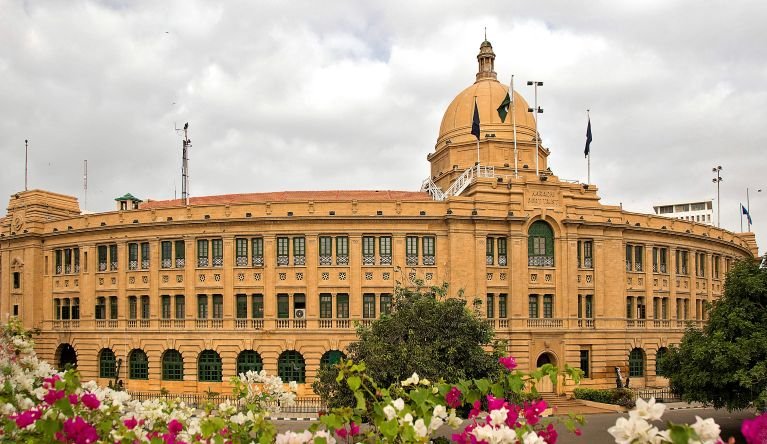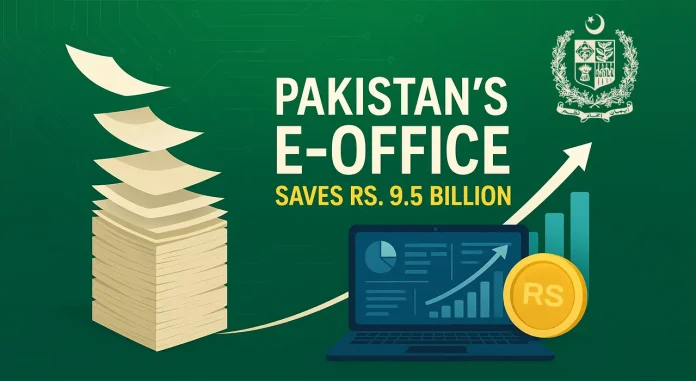Ambassador Dr. Jemal Beker Abdula
The changing patterns of contemporary Horn of Africa politics cannot be understood without knowing Addis Ababa’s unwavering commitment to peace and stability in the region. The Ethiopian government’s determination to ensure peace and stability in East Africa has convinced leading Addis Ababa-based state authorities to play a valuable role in introducing and supporting various peacekeeping efforts and the inter-state level proposal for conflict resolutions. This support mainly focused on the emerging interconnectedness of regional and international efforts to address the question of violent non-state actors in the Horn of Africa. The presence of Al-Shabaab and Daesh violent non-state actors and clandestine terrorist entities in Somalia causes great danger to Horn of Africa states particularly peacekeeping contributing countries. The widespread terrorist activities of the Al-Shabaab group have been internationally considered a serious threat to the entire East African regional security, and the Somalia-based origin of this non-state element dragged the attention of the entire region towards Somalia. The cross-border terrorist activities of this Somali-based extremist group have challenged the legitimate state structure of the country parallel to expanding its activities to the territorially adjoining nations. The covertly designed violent activities of this non-state actor have jeopardized the position of East African nations in their home region by disturbing everyday life, increasing the number of displaced people, and preventing the chances of foreign investment and economic development. Thus, the transnational violent activities of Al-Shabaab mainly target the countries supporting the African Union Mission in Somalia (AMISON) and the states advocating the operations of peacekeeping forces in the Horn of Africa.
In this regard, Ethiopia plays a prominent role in establishing and advancing the functions of AMISON and the reasons for its creation in the region to help to rebuild, restore peace and stability and development in Somalia. The Ethiopian government’s direct and indirect military operations under a greater terror-combating national plan made Addis Ababa relevant to the regional responses to Somalia’s question of peace, mainly through AMISON. Under different political administrations, the Ethiopian government has always remained highly committed to investing its diplomatic, political, and military potential in controlling terrorism in Somalia. In this way, Addis Ababa became the frontline state in investing its multifaceted national potential in combating the rise of terrorist groups in the East African region. This factor has made Ethiopia a significant contributor to AMISON, which later became the African Union Transition Mission in Somalia (ATMIS) in 2022, according to the Peace and Security Council (PSC). The PSC’s decision to convert AMISON into ATMIS originated from its 1068th meeting of PSC, and highlighted the issue of peace and stability in the region generally, and the Somali Peninsula specifically. Addis Ababa’s vision for launching direct and indirect military campaigns against terrorist outfits in Somalia was inherited with the objective of preventing the presence of Al-Shabaab significantly beyond Somalia’s territorial jurisdictions. For the achievement of regional peace and stability, Addis Ababa’s military support to the Somali government remained vibrant in preventing the strongholds of Al-Shaabab and its growing transnational violent attacks.
Aligning with the multidimensional Addis Ababa’s efforts for providing essential training, mentoring, and logistical support to the leading law enforcement agencies of Somalia, such as the Somali National Army, Police and intelligence to ensure, defeat, and sustain peace and stability clearly depicts Addis Ababa commitment to Somali cause. No one can undermine and deny the scarifies Ethiopia paid for restoring, rebuilding and sustaining Somalia’s peace and development. Indeed, Ethiopian foreign policy after the reformist government gave great importance and priorities to the neighboring countries as a result it strives to ensure regional integration and cooperation. Ethiopia remained an anchor state in the Horn of Africa that advance regional integration through policy harmonization and mutual benefits and respect. To this end, Ethiopia’s peace and stability cannot alienated from the peace and security of its neighbors. Hence, Ethiopia will not tolerate any external forces that tried to destabilize and create hostile environment and erode the trust between or among the region that has a ramification on the success gained on the terrorist entities.
In this perspectives, Ethiopia communicated to the regional and international communities the serious concerns of Addis Ababa regarding the transition of ATMIS into a new peace-supporting mission with the support of the United Nations and the African Union. The statement recalled the sacrifices of Ethiopian defence forces in preventing the overwhelming role of non-state violent entities in Somalia and rationalizing Addis Ababa’s mission for ensuring peace and security in the region. Several international and regional reports and various formal government statements from different countries have acknowledged the critical role of Addis Ababa in the support of Troop Contributing Countries (TCCs) in the Somali Peninsula in fighting against the anti-peace elements. So, it can be maintained that the Ethiopian role must be connected to the greater multilateral efforts for installing durable peace and sustainable development in Somalia. The contribution of Addis Ababa to the greater cause of peace will enable the region to benefit from the Ethiopian vision of development in which Prime Minister Abiy Ahmad has already introduced its energy diplomacy with the completion of a mega hydropower project and coupled with infrastructure connectivity, and port diversification that enhance regional integration and collective prosperity.
Given the serious threat of cross-border terrorism, it is crucial for the countries committed to maintaining peace in the Horn of Africa to develop and enhance their existing counterterror measures. The formal decision-makers of Ethiopia advocate for more comprehensive and coordinated regional counterterror approaches, with the support of the international community, to establish East Africa as a prominent terror-free area. Ethiopia’s significant contribution to multilevel counter-radicalization efforts has earned the nation high ranks and demonstrated its deep commitment to keeping the Horn of Africa safe from the threats of non-state actors. A comprehensive overview of Ethiopian foreign relations suggests that the country has become a hub of regional counterterror campaigns, and the formulation of new or upgraded anti-terror alliances can only be effective with the active involvement of Ethiopia. Ethiopia’s active participation in the Somalia-centric counterterror efforts could enable the participating countries to achieve the desired objectives from their multilateral anti-terror collaboration. In the light of these, leaders of the region should unite their policies, resources, capacities, and actions to fight and eliminate the terrorist groups from Somalia peninsula and ensure peace and stabilities in the region.
*Special Envoy, and Ambassador Extraordinary of Ethiopia to Pakistan.





